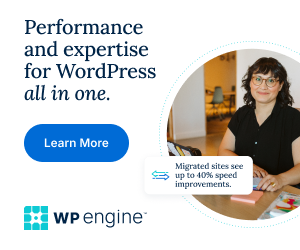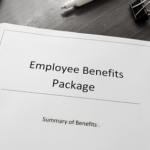Under Australian law there are various statutes and legislation, as well as awards and enterprise agreements that require an employer who is going to make changes to the workplace environment, to consult with their employees prior to making these changes.

The consultation process must be a genuine attempt by the employer to glean the employee’s opinions regarding the changes. This process can include both company-wide policy changes to workplace, health, and safety, and risk concerns, as well as issues of termination and/or job elimination due to redundancy issues.
The areas of change that an employer must hold a consultation with his employees include, but are not limited to, the following:
- Elimination or change of regularly scheduled work hours
- Job redundancy that will result in an employee being terminated
- Changes in current promotion options
- Alterations in employee retirement programs or other company-provided benefits including health insurance
- Changes in employee tenure or seniority policies
- Requiring employees to change workplace locations
- Elimination of work duties or responsibilities that might change the employee’s job description
- Organizational changes that will require a change in the employee skill set or the size of the workforce or the physical structure of the workplace
- Variations being considered to current risk calculations and safety changes in the workplace
- Additional or eliminated training requirements
If an employer determines that a consultation is required prior to making workplace changes, it is important for the consultation to include the following;
- Meet all of the requirements either mandated by legislation, an award, or an enterprise agreement
- Give timely notice to all employees so that schedules can be changed to accommodate the meeting time
- Provide information about what changes are expected and why in advance of the scheduled consultation
It is also important for the employer to hold the consultation in a way that allows for meaningful participation by the employees. Meaningful participation includes;
- The employer should not come to the consultation with a predetermined outcome with regard to any of the proposed changes
- An open forum for questions and answers to be shared between the employer and the employees
- A willingness to listen to alternative ideas for accomplishing the goals and objectives
- Genuine review and consideration of the views expressed by the employees
- Subsequent to the consultation, the employer should provide employees with time to consider the changes and provide feedback
The benefits of a properly held consultation period are many. When employees have accurate information pertaining to upcoming changes in their workplace, they can offer constructive criticism and ideas for making the changes easier and more effective. In addition, employees who have a chance to engage in conversation about upcoming major changes, are more likely to find the positive aspects of these changes and comply more willingly. Lastly, an employee who is aware of changes being considered and possibly implemented, will most likely suffer from less stress and worry over the employer’s final decision to implement workplace alterations.
While there may be some circumstances where employer-related decisions do not require employee consultation, the risk of forgoing the consultation process is significant. If an employer forgoes the consultation process, civil penalties and damages can be levied against them. Therefore prior to making workplace decisions that affect your employees, sans a consultation period, it is prudent to consult with a solicitor.






















